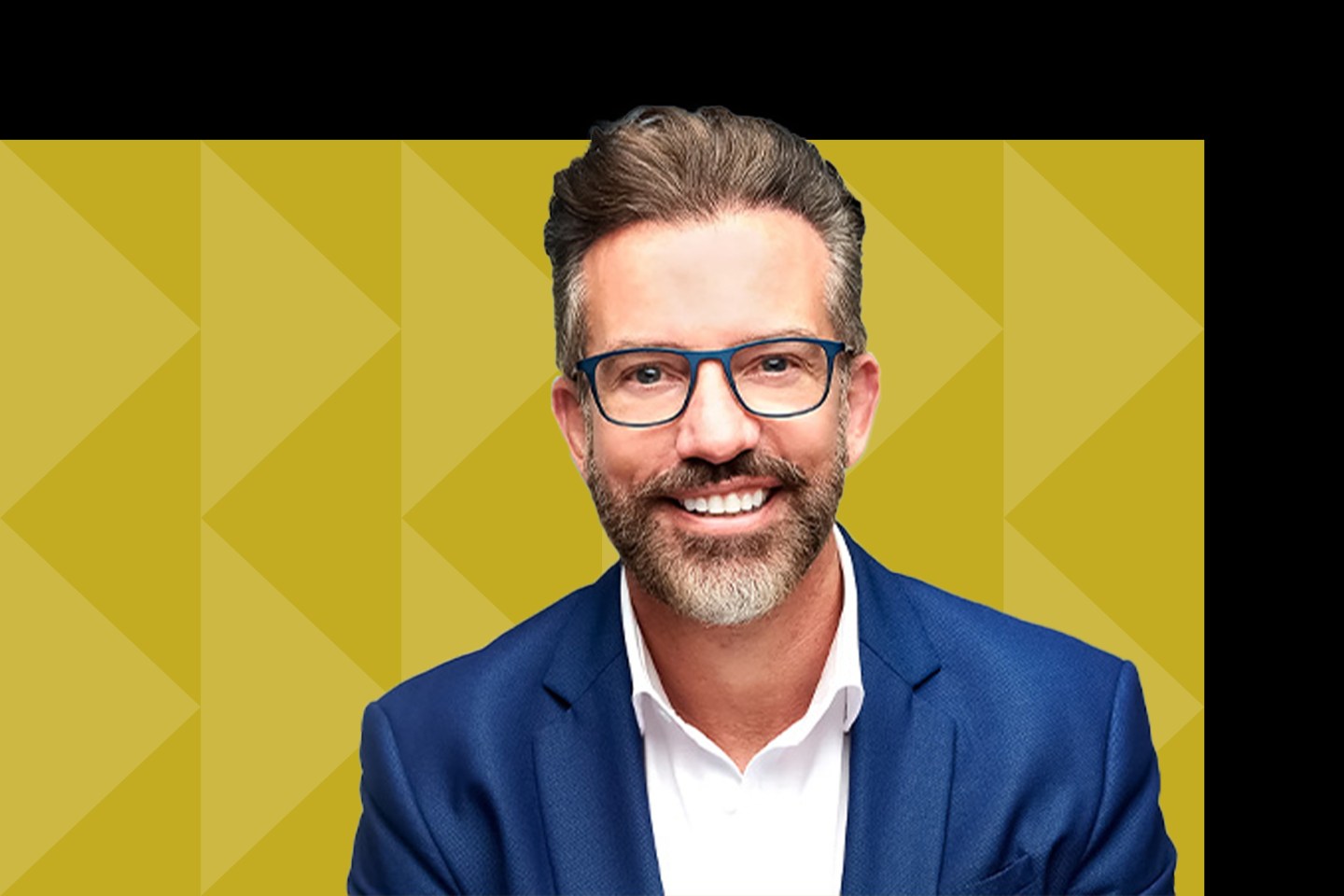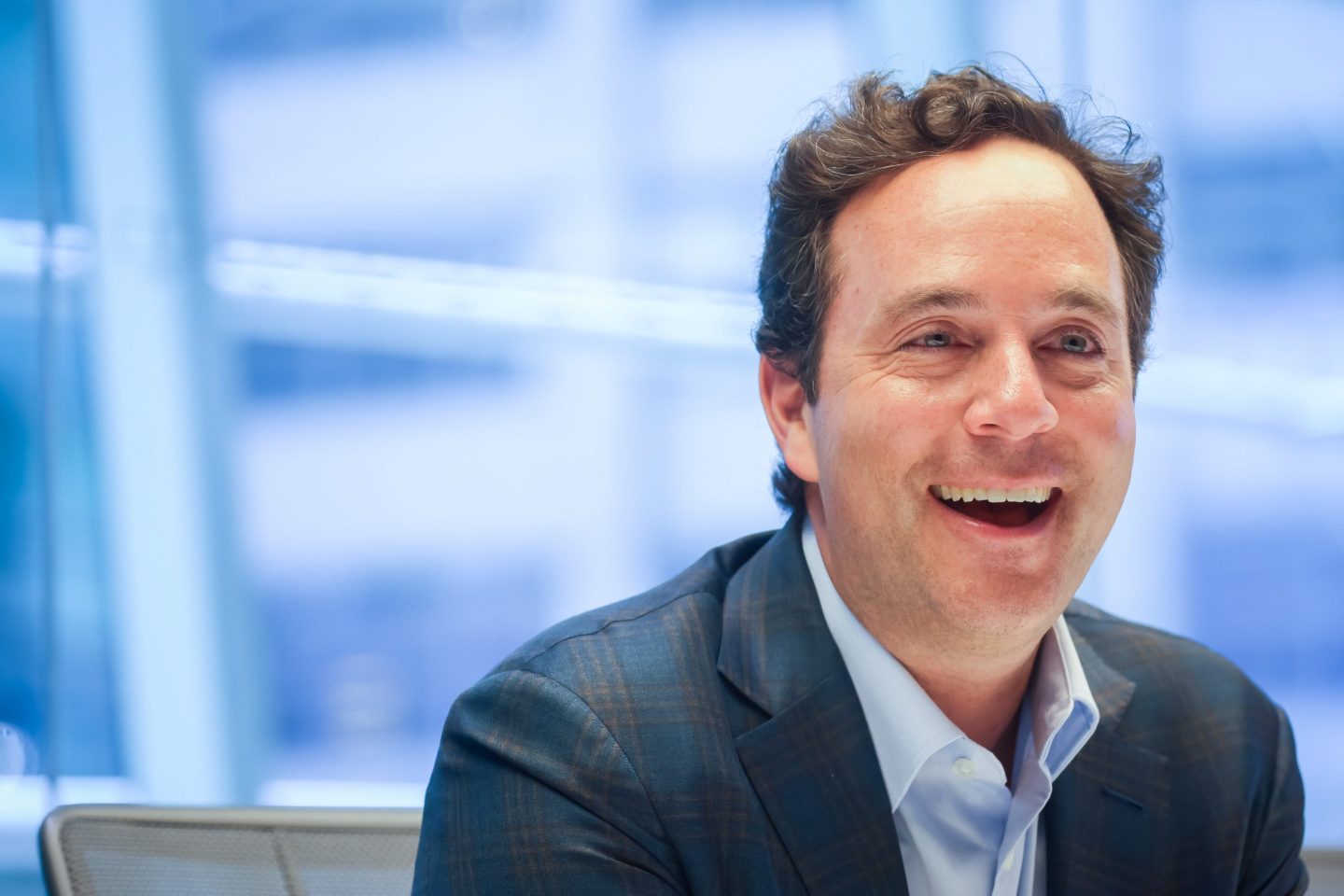Here’s your week in review, in haiku
1.
What true fans need now:
Rocket Raccoon and Gaga
together, in song
2.
There aren’t enough
Presidential candidates
I am so worried
3.
Slack to go direct.
Uber dials back. Amazon
aims to cut prime time
4.
I promise that you’ll
find another video
just like this one. HER!
5.
Whatever happens,
all of this is Starlord’s fault.
He is the worst Chris.
Have a stellar weekend, everyone.
On Point
| How do you say Bogotá? Kiev? Notre Dame? |
| NPR shares their internal thinking around on-air pronunciations of non-English words, an instructive debate in a world where everyone is broadcaster of sorts. It’s complicated. “To a casual listener, NPR's pronunciations could seem arbitrary,” Elizabeth Jensen explains. “In the same breath as they say "No-treh Daahm," NPR's on-air folks talk about where it's located — in "PAIR-iss" (not "Pah-REE"). Some listeners have complained about the use of Spanish accents, in particular. Eric Deggans, NPR's TV critic argued that some of these concerns seem "rooted in a paranoia about cultural dominance – some version of ‛Spanish is taking over everywhere' – that is ultimately racist and unfair." For others, accented speech can seem like “virtue signaling.” See? Complicated. |
| NPR |
| Blackfeet Nation is trying to open its own national park |
| In 1992, Ed DesRosier, an enrolled member of the Blackfeet Nation in northwestern Montana, became one of the first Indigenous people to operate a tour business in a national park. It was a hard-won attempt to tell visitors the story of the land from a Native perspective. Now the Blackfeet want to open their own national park. “Despite once owning half of Glacier and now sharing a border along some of its most breathtaking terrain, the Blackfeet Nation has not yet tapped into the booming national parks tourism economy in any significant way,” says High Country News. But it’s also a conservation play, says Loren BirdRattler, of the Blackfeet Nation’s Agricultural Resource Management Plan. “When you think about how we utilize our ecology to augment our lives and practice traditions of the Blackfeet people, those would not only be preserved,” he said, “but would also underwrite other efforts in cultural preservation.” |
| High Country News |
| Talent agent Nicole Lynn is about to make sports history |
| Lynn has signed NFL draft prospect and Alabama defensive lineman Quinnen Williams to the Young Money APAA Sports, the agency owned by rapper Dwayne “Lil Wayne” Carter. If Williams goes on to be the number two draft pick as expected, Lynn will become the first African American woman to represent a top-five draft pick in the NFL. It’s a mission thing, she says. “Lil Wayne got into the business for the same reason I got into the business,” Lynn told The Undefeated.“He wanted to give back to players. He wanted to help them when football was over. At the end of the day, we can all identify with this.” |
| The Undefeated |
On Background
| How Thanos's villainy describes the history of colonial thinking |
| Sherronda J. Brown does a masterful job linking her contempt for Marvel’s chief genocidal maniac with real-world ideas that have fueled white supremacy and colonialism. She focuses on the work of conservative English political economist and clergyman Thomas Malthus. In 1798 he published a book whose central philosophy argued the same thing that Thanos does: That the world will become unsustainably overpopulated and we’ll run out of resources. We won’t, she argues. “Both Malthus and Thanos assume that all people have equal access to resources and that we are all equally responsible for consumption, environmental devastation, and pollution,” she writes. “Both are wrong.” Thanos is just Malthusian logic at scale. “As a narcissistic megalomaniac, he has deluded himself into believing that he is doing everyone a favor even though he is disrupting countless ecosystems,” she writes. Girl is good. |
| Wear Your Voice |
| When a band-aid heals a different wound |
| “It’s taken me 45 trips around the sun, but for the first time in my life I know what it feels like to have a ‘band-aid’ in my own skin tone.” Dominique Apollon shared his feelings, along with a photo of a small, dark-hued bandaid on his pinky finger. “For real, I’m holding back tears.” Apollon is the vice president of research at Race Forward, a nonprofit that focuses on racial justice. But at the time of his post, he was just a guy looking to spend his flexible spending funds. "As a black person, I'm not used to seeing products geared to me in national online retailers," he told Buzzfeed. "The default is typically some type of Caucasian skin tone." His post triggered a beautiful and inclusive conversation. Enjoy. |
| Buzzfeed |
| Confessions of a former fat kid |
| This may be one of the more powerful essays I’ve read in a long time, for reasons that become apparent immediately. Issac Fitzgerald brings an astonishing candor to his struggle with what it meant to be born into a body that triggered bullying from his mother and derision from peers. When running, smoking, and snorting Ritalin turned the fat kid into a skinny teen, a new form of cognitive dissonance descended. “I can’t go back in time to help the boy I was be kinder to himself. But I can work to be at peace with the body I live in now.” |
| Buzzfeed |
Quote
|
|---|












